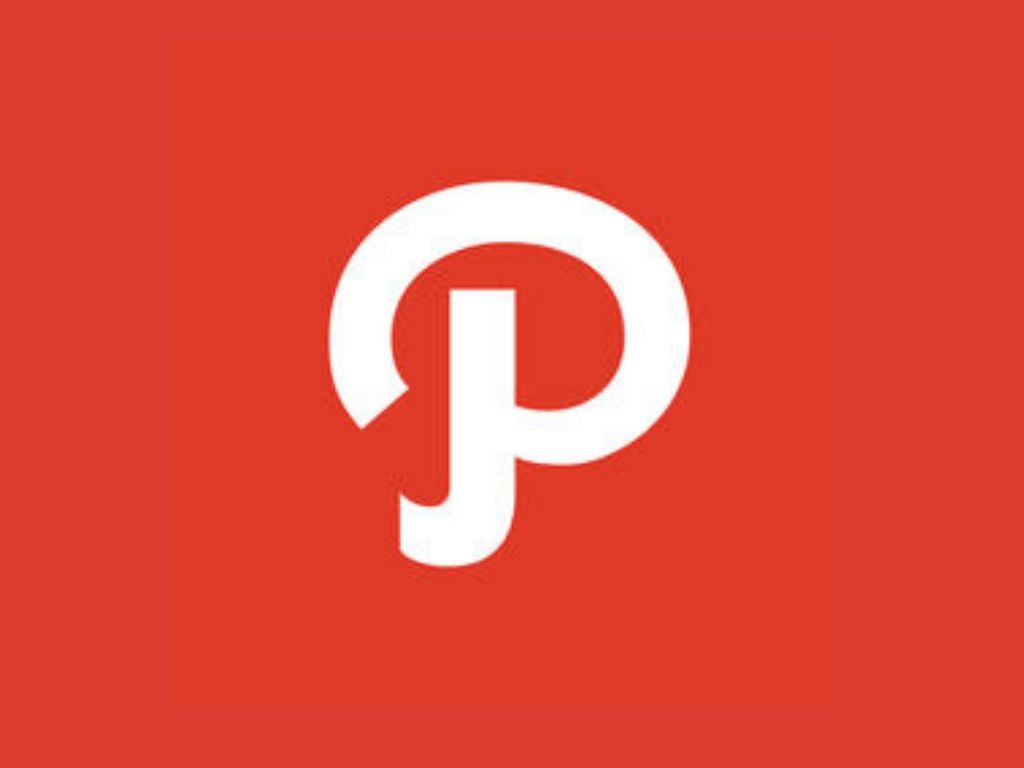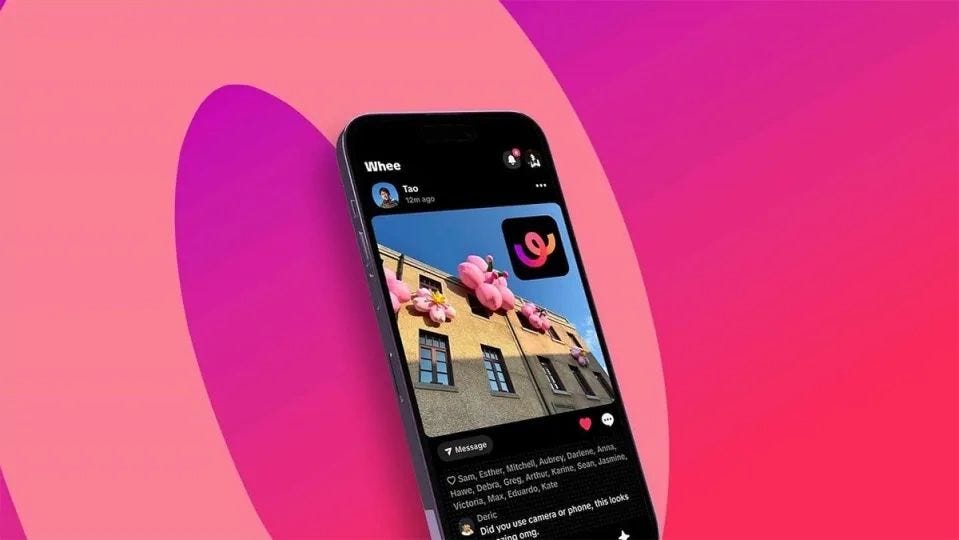SOCIAL MEDIA
A Detailed History of the Social Networking App Path
In the fast-evolving world of social networking, Path emerged as a unique platform that sought to offer a more intimate and private experience for its users. Founded in 2010 by former Facebook executive Dave Morin, along with Dustin Mierau and Shawn Fanning, Path aimed to create a social network that prioritized close relationships over the broad connections typical of other platforms like Facebook and Twitter.
Origins and Concept
Path was launched in November 2010 with the idea of creating a more personal social network. Unlike other social media platforms that encouraged users to amass large numbers of connections, Path limited the number of friends a user could have to 50. This cap was based on research by British anthropologist Robin Dunbar, who suggested that 150 is the maximum number of stable relationships a person can maintain, but Path chose a lower limit to emphasize intimacy.
The app's design was sleek and minimalist, focusing on sharing moments through photos, videos, and text updates. Path allowed users to share their activities, thoughts, and location with their close friends and family in a private environment. The app’s interface was intuitive, featuring a timeline of shared moments, a feature that was later adopted by many other social networking apps.
Growth and Expansion
In its early days, Path received a warm reception from the tech community and users who appreciated its focus on privacy and close-knit connections. By February 2011, Path had already raised $8.65 million in funding from investors like Kleiner Perkins and Index Ventures. The app continued to grow, and in 2012, Path raised an additional $30 million in a Series B round, which valued the company at around $250 million.
To expand its user base, Path increased the friend limit from 50 to 150 in 2012. This move was intended to attract more users who found the original limit too restrictive. Path also introduced new features like private messaging, filters for photos, and stickers for enhancing messages, which helped the app gain popularity, especially in Asia.
Challenges and Controversies
Despite its early success, Path faced several challenges. One major issue was competition from other social media platforms like Facebook, Instagram, and Twitter, which had already established large user bases and continued to innovate rapidly. Path struggled to differentiate itself enough to maintain a competitive edge.
In 2012, Path faced a significant controversy when it was discovered that the app had been uploading users' entire address books to its servers without explicit permission. This privacy breach led to widespread criticism and a formal investigation by the Federal Trade Commission (FTC). Path settled with the FTC in 2013, agreeing to pay $800,000 and implement stricter privacy policies.
Decline and Acquisition
Despite efforts to revamp the app and introduce new features, Path struggled to maintain its user base. The app's growth plateaued, and it became increasingly difficult to compete with larger, more established social networks. Path's focus on intimate sharing, while initially appealing, was not enough to sustain long-term growth in the competitive social media landscape.
In 2015, Path announced that it had been acquired by Daum Kakao, a South Korean internet company known for its popular messaging app KakaoTalk. The acquisition aimed to leverage Path's design and user experience expertise to enhance Kakao's offerings. Despite this new backing, Path continued to face challenges in expanding its user base and maintaining relevance.
Shutdown and Legacy
In September 2018, Path announced that it would be shutting down. The app officially ceased operations on October 18, 2018. Path's shutdown marked the end of an era for a social networking app that had aimed to bring a more personal and intimate experience to social media.
While Path ultimately did not succeed in the long run, its influence can still be seen in the design and functionality of many social media platforms today. Path's emphasis on simplicity, privacy, and user-friendly design set a standard that many other apps have followed. The app's legacy lives on through its contributions to the evolution of social networking and its impact on how people think about sharing their lives online.




